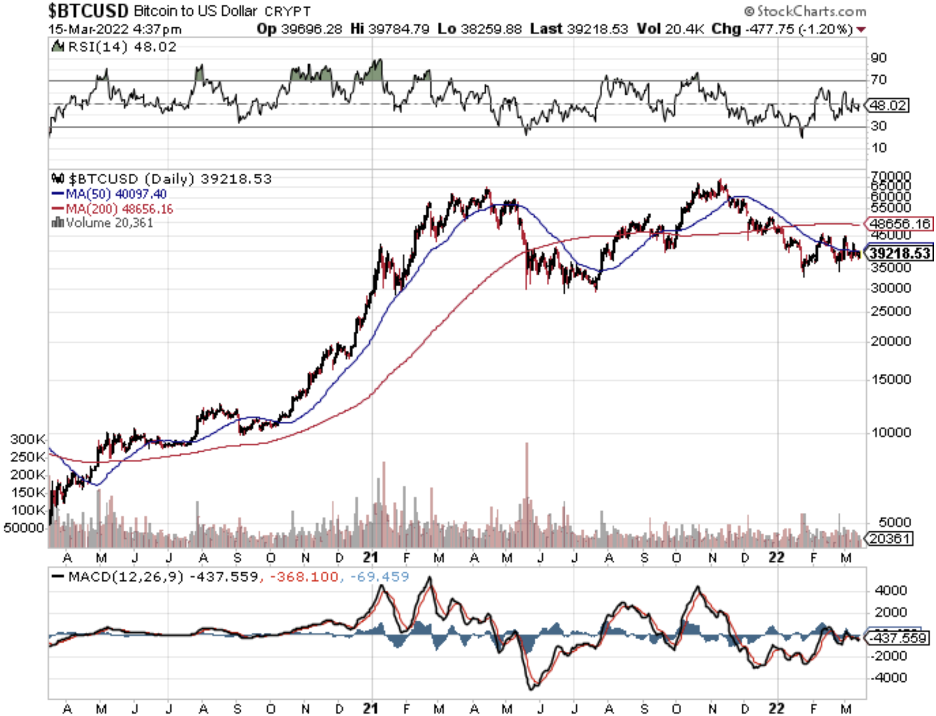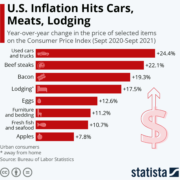Crypto Gets a Pass for Now
Europe has to be considered the King of regulation. They boast the highest tax regimes of the developed world, and I am not referring to loophole countries like Cyprus.
Why does that matter?
The EU went after and still goes after big tech with a vengeance.
Alphabet and Facebook have been on the receiving ends of many billions of dollars in fines and more will head their way in the future.
Tech fines don’t matter in terms of the health of crypto but don’t think that the Europeans are any different when they set their sights on digital currency.
If they see it, they will try to tax it to oblivion.
Just look at Belgium which charges a robust 11.3% in annual property taxes and Spain which registers right behind them at 8%.
The Europeans don’t discriminate and love to tax everything.
So it wasn’t out of the ordinary that The Markets in Crypto Assets (MiCA) legislation included a clause pledging to make crypto assets traded or issued within the bloc ‘subject to minimum environmental sustainability standards’.
Even if this wasn’t a direct tax on crypto, the design of the legislation would amount to a de facto ban on crypto assets because there is nothing environmentally sustainable about mining crypto.
In fact, mining crypto is terrible for the environment and requires large sums of energy to produce digital coins.
That energy is usually dirty energy in the form of fossil fuels.
An element of this has to do with spiking energy costs which has been induced by Russia’s Vladimir Putin’s war on Ukraine.
Many countries have experienced a doubling of energy prices and for the supply left over, do we as a society want to allocate energy to crypto mining when apartment is going dark?
Energy and inflation have become the modern-day battlefield for politicians duking it out and dragging crypto into this game is overwhelmingly negative for crypto.
Crypto has experienced poor price action lately and this adds fuel to the fire.
Banning crypto in Europe would be cataclysmic to the currency after China slammed the door shut on it.
The EU’s Economic and Monetary Affairs Committee voted on a final draft of the Markets in Crypto-assets (MiCA) which included a clause pledging to make crypto assets traded or issued within the bloc “subject to minimum environmental sustainability standards.” A final tally of the committee’s voting showed the proposed clause was defeated with 23 votes in favor, 30 against and six abstentions.
Demand for Bitcoin (BTC) and other tokens has pushed up their carbon footprint significantly in the last year. Data from the Cambridge Centre for Alternative Finance put Bitcoin’s estimated power consumption at an annual rate of 138 terawatt-hours in early 2022, more than the size of a country like Norway.
Miners, much like car drivers, aren’t interested in unreliable renewable energy.
Intermittent supply of energy would cripple a crypto miners’ business much like if a truck driver would rely on sparse electric refill stations to drive cross country.
Although many have boiled down this decision to a landmark victory, I don’t believe this is the end of the regulation circus that is Europe.
If exorbitant energy prices are here to stay, Europe might not have any other choice but to go after crypto for another source of revenue.
And if crypto mining is taxed using sustainability criteria, it will cause many miners to shut down and the crypto industry itself will be shut down because they won’t pass the clean energy criteria needed to operate.
High energy prices have many unintended consequences are crypto could be another martyr to it.
Let’s hope the crypto regulation is pushed out into the long term so the industry has time to develop its foundation and obviously that won’t be possible if the mining business gets killed.
Can the Europeans singlehandedly crash the crypto industry?
No, but it doesn’t help the adoption rate for an emerging industry making it that much harder to mature.
America’s pro-business climate has been a godsend to multinational corporations, and it will be the same way for crypto if it is allowed to develop in America.




